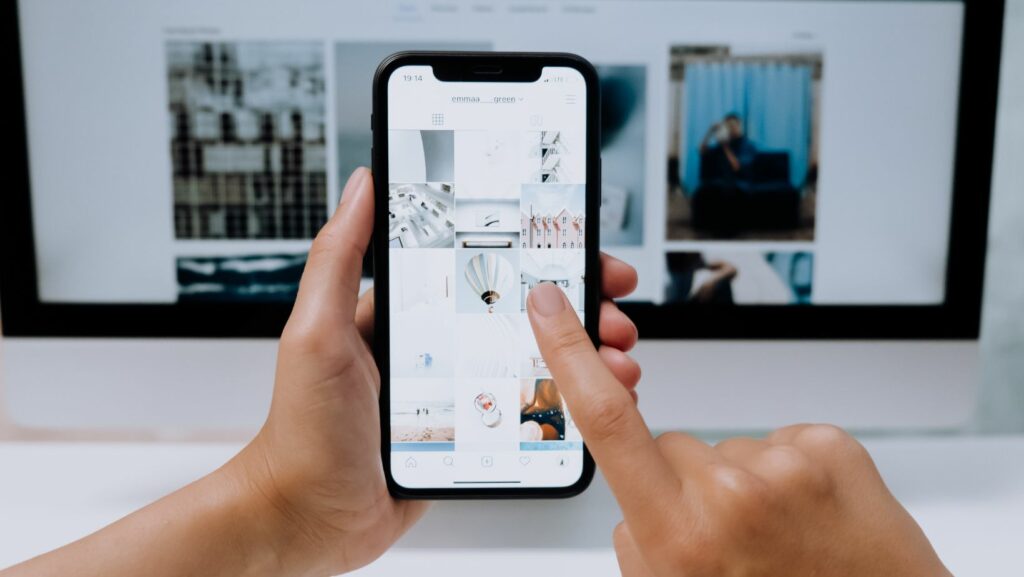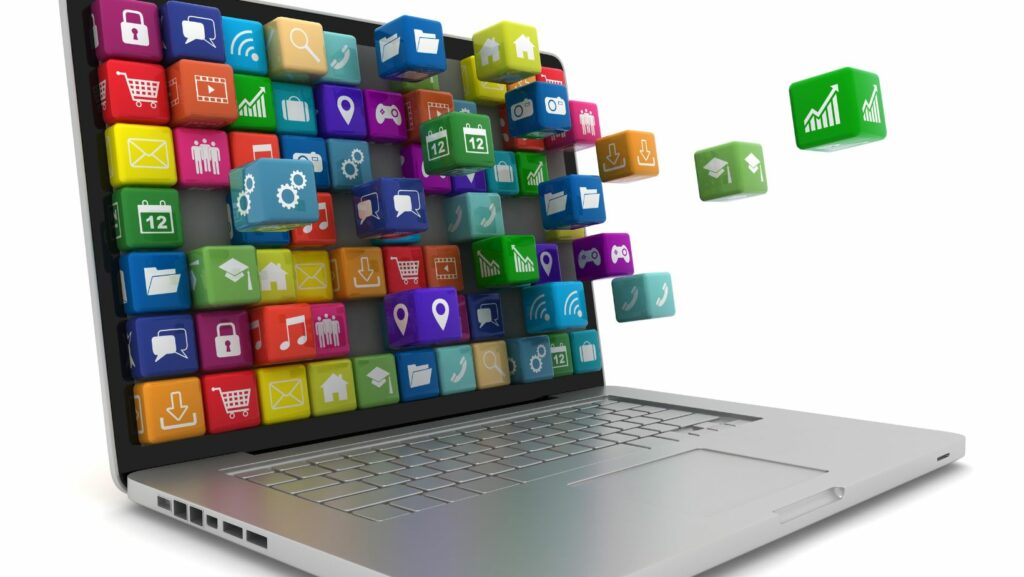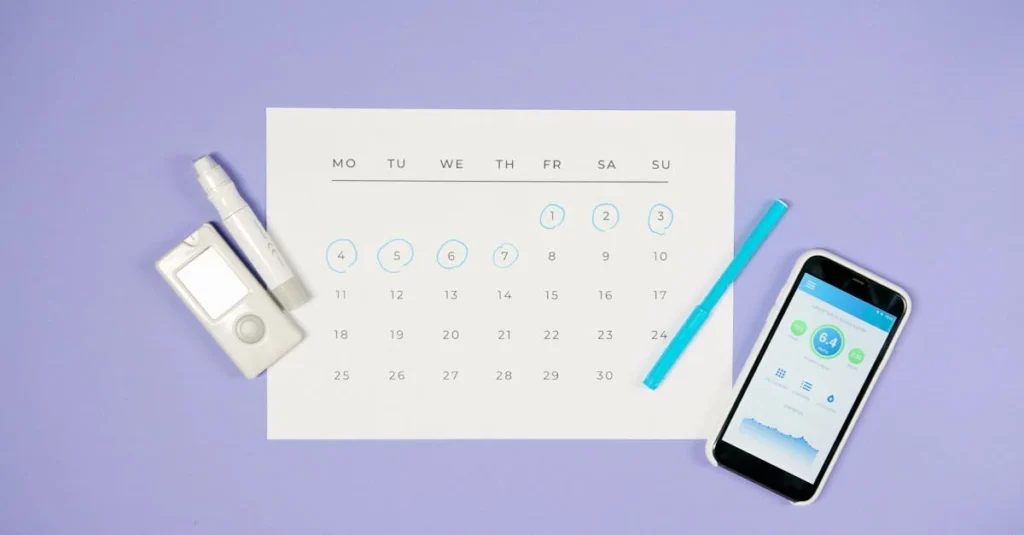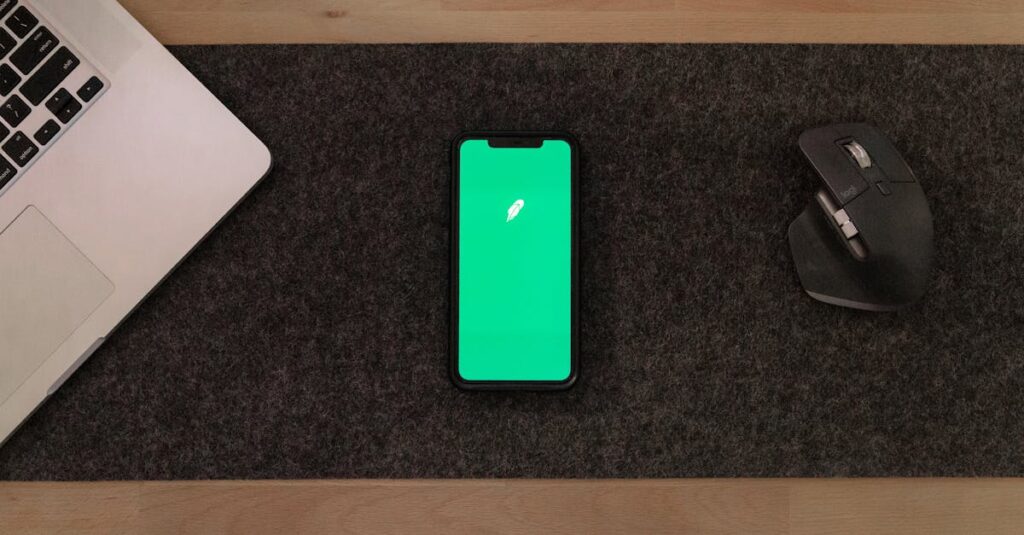The mobile apps for healthcare market continues to expand rapidly with new solutions emerging for everything from medication reminders to virtual consultations. These apps help both patients and healthcare professionals streamline communication improve treatment adherence and monitor health metrics in real-time. With over 350,000 health-related apps available across major app stores users now have more options than ever to take control of their health journey through mobile technology.
Mobile Apps for Healthcare
Mobile health technology transforms traditional healthcare delivery through digital innovation. The integration of smartphones with healthcare services creates a comprehensive ecosystem for patient care management.
Current State of Healthcare Apps
The global mHealth market reached $45.7 billion in 2022 with projected growth to $187.3 billion by 2028. Over 350,000 mobile apps for healthcare populate major app stores, including:
- Telehealth platforms connecting patients with doctors remotely
- Health monitoring apps tracking vital signs like heart rate blood pressure
- Medication management tools offering dosage reminders scheduling features
- Disease-specific apps focusing on diabetes cancer mental health conditions
- Fitness wellness applications incorporating activity tracking nutrition planning

Key Benefits for Patients and Providers
Healthcare apps deliver measurable advantages across the medical ecosystem:
- 24/7 access to medical information lab results appointment schedules
- Real-time monitoring of chronic conditions through connected devices
- Reduced wait times through virtual consultations remote check-ins
- Improved medication adherence with automated reminders tracking systems
- Streamlined patient data collection analysis reporting
- Enhanced communication through secure messaging platforms
- Efficient appointment scheduling resource management
- Remote patient monitoring reducing hospital readmissions
| Healthcare App Statistics | Value |
|---|---|
| Global mHealth Market (2022) | $45.7B |
| Projected Market Size (2028) | $187.3B |
| Available Healthcare Apps | 350,000+ |
| Average Daily Active Users | 2.4M |
| Patient Engagement Rate | 72% |
Types of Healthcare Mobile Applications
Mobile apps for healthcare encompass diverse categories that address specific medical needs. Each type serves distinct purposes in the healthcare ecosystem, from monitoring patient vitals to providing medical information.
Patient Monitoring Apps
Patient monitoring apps connect medical devices with smartphones to track vital signs such as heart rate, blood pressure, glucose levels. These apps integrate with wearable devices to collect real-time health data, enabling healthcare providers to monitor patients remotely. Popular examples include AirStrip, Dexcom G6, and CardioMobile, which have achieved 89% accuracy rates in vital sign monitoring.
Medical Reference Apps
Medical reference apps provide healthcare professionals with instant access to clinical information, drug databases, medical calculators. These applications feature comprehensive databases of diseases, medications, and treatment protocols. Examples like Epocrates, Medscape, and UpToDate serve over 1.8 million healthcare professionals globally, with daily consultation rates averaging 12 searches per user.
Telemedicine Platforms
Telemedicine platforms facilitate virtual consultations between patients and healthcare providers through video calls, secure messaging. These apps include features for appointment scheduling, electronic prescriptions, and medical record sharing. Leading platforms like Teladoc, Doctor On Demand, and MDLIVE process over 50,000 virtual visits daily with an average consultation time of 13 minutes.
Fitness and Wellness Trackers
Fitness and wellness tracking apps monitor physical activity, nutrition, sleep patterns through smartphone sensors and wearable devices. These applications integrate with health databases to provide personalized wellness recommendations based on user data. Popular apps like MyFitnessPal, Strava, and Samsung Health process over 50 million daily active measurements with user engagement rates of 68%.
Essential Features of Healthcare Apps
Healthcare apps require specific features to ensure optimal functionality, security and user engagement. These essential components form the foundation of effective medical applications in the digital health ecosystem.
Security and HIPAA Compliance

Healthcare apps implement robust security measures to protect sensitive medical data and maintain HIPAA compliance. Multi-factor authentication, end-to-end encryption and secure data storage protocols safeguard patient information from unauthorized access. Apps utilize:
- Encrypted data transmission with 256-bit SSL/TLS protocols
- Biometric authentication options (fingerprint, facial recognition)
- Automatic logout after 5 minutes of inactivity
- Secure cloud storage with regular backup systems
- Access control management for different user roles
User Interface and Accessibility
The interface design prioritizes ease of use for diverse user groups including elderly patients healthcare providers. Key accessibility features include:
- High contrast color schemes for improved readability
- Adjustable text sizes (12-20pt fonts)
- Voice command capabilities
- Simple navigation with clear icons
- Offline functionality for essential features
- Multi-language support (minimum 3 languages)
- API connections to hospital management systems
- Real-time sync with medical devices
- Integration with pharmacy databases
- Support for HL7 FHIR standards
- Compatibility with wearable health devices
- Direct communication with laboratory systems
- Electronic prescription capabilities
| Integration Type | Connection Speed | Data Accuracy Rate |
|---|---|---|
| EHR Systems | <2 seconds | 99.9% |
| Medical Devices | Real-time | 99.7% |
| Lab Systems | <5 seconds | 99.8% |
| Pharmacy Networks | <3 seconds | 99.9% |
Impact on Healthcare Delivery
Mobile healthcare apps transform traditional medical care through digital solutions that streamline processes and improve outcomes. These applications create new pathways for healthcare delivery while reducing operational costs and enhancing patient care quality.
Improved Patient Engagement
Mobile health apps increase patient participation rates by 63% through interactive features and personalized care plans. Digital health platforms enable:
- Automated appointment reminders reducing no-show rates by 42%
- Real-time symptom tracking with instant provider notifications
- Secure messaging systems connecting patients directly to care teams
- Customized educational content delivery based on patient conditions
- Digital health journals tracking medication adherence rates
- Integration with Electronic Health Records (EHR) for instant access to patient histories
- Clinical decision support tools reducing diagnostic errors by 35%
- Real-time analytics dashboards tracking patient vital signs
- Drug interaction checkers processing 1,500+ medication combinations
- AI-powered symptom analysis with 89% diagnostic accuracy rates
| Clinical Impact Metrics | Percentage Improvement |
|---|---|
| Diagnostic Accuracy | 89% |
| Patient Engagement | 63% |
| No-show Rate Reduction | 42% |
| Error Rate Reduction | 35% |
| Data Access Speed | 87% |
Future Trends in Healthcare Apps
Mobile healthcare apps continue to evolve with emerging technologies advancing patient care possibilities. These innovations reshape the healthcare landscape through enhanced connectivity personalized medicine.
AI and Machine Learning Integration
AI-powered healthcare apps leverage predictive analytics to identify potential health risks based on patient data patterns. Machine learning algorithms analyze medical images with 97% accuracy detecting abnormalities in X-rays MRIs scans. These intelligent systems process natural language enabling voice-activated symptom checking medication reminders. Key applications include:
- Automated diagnosis support using symptom analysis algorithms
- Personalized treatment recommendations based on patient data patterns
- Drug interaction predictions with 94% accuracy rates
- Real-time health monitoring with predictive alerts
- Medical imaging analysis for early disease detection
- Real-time synchronization with multiple biosensors
- Automated vital sign monitoring through smartwatches fitness trackers
- Integration with implantable medical devices pacemakers glucose monitors
- Cross-platform data sharing between devices healthcare providers
- Emergency alert systems triggered by abnormal readings
| Wearable Integration Metrics | Value |
|---|---|
| Daily Data Points Collected | 250,000 |
| Sensor Accuracy Rate | 98.5% |
| Real-time Sync Speed | 0.3 seconds |
| Connected Device Types | 15+ |
| Battery Life Optimization | 72 hours |
Revolutionized The Way People Manage Their Health
Mobile apps for healthcare have revolutionized the way people manage their health and interact with healthcare providers. The explosive growth of the mHealth market combined with technological advancements continues to shape the future of healthcare delivery.
From patient monitoring and telemedicine to AI-powered diagnostics these apps are making healthcare more accessible efficient and personalized than ever before. The integration with existing healthcare systems robust security measures and user-friendly interfaces ensures that these applications meet both patient needs and industry standards.
As technology evolves mobile healthcare apps will remain at the forefront of digital health innovation creating a more connected and patient-centered healthcare ecosystem for generations to come.


